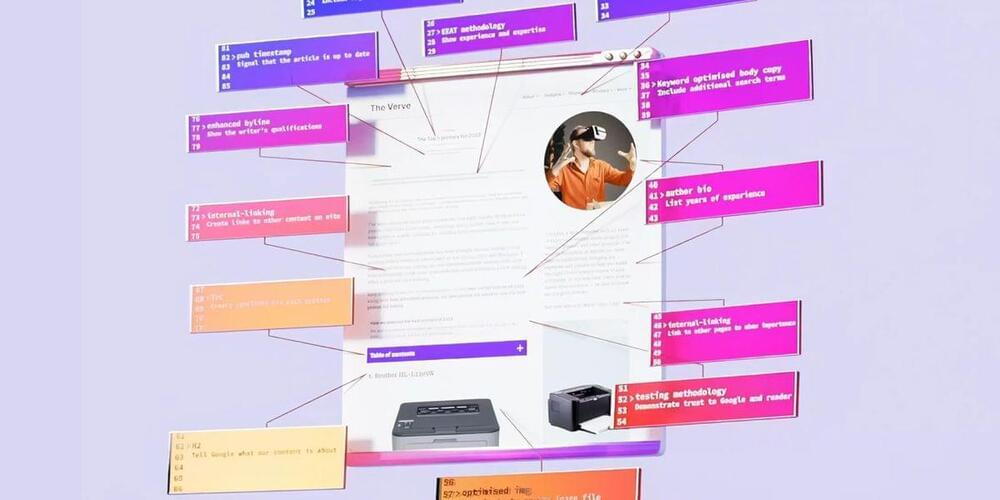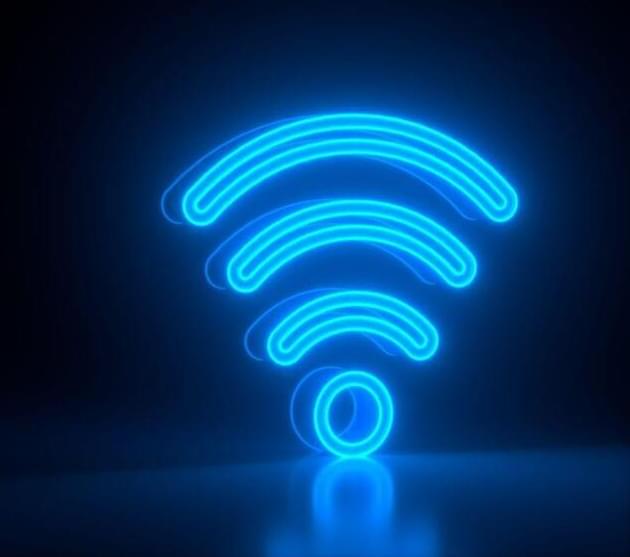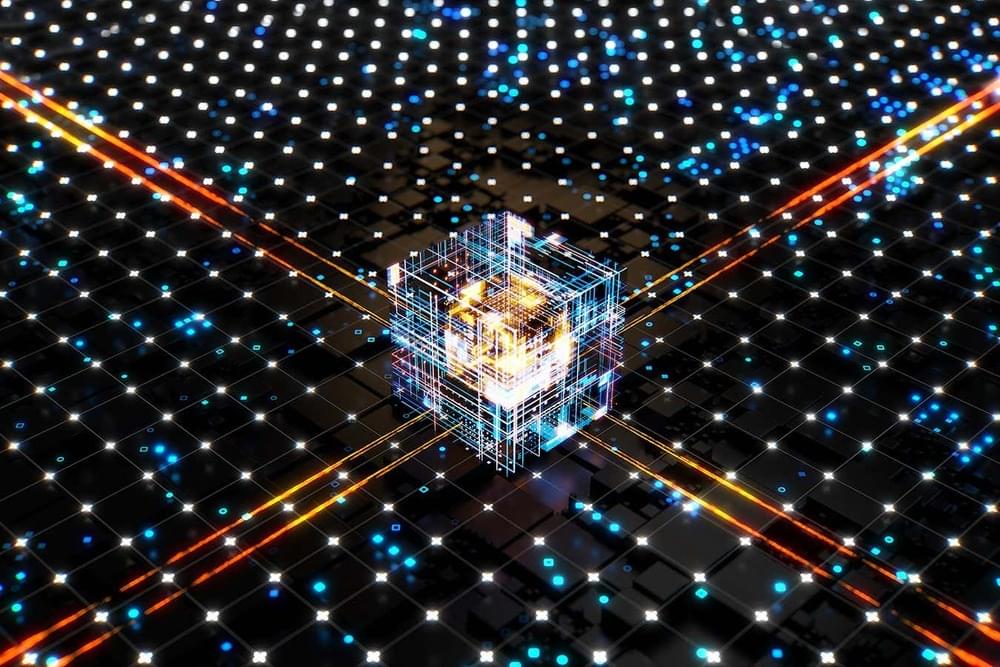Computer design has always been inspired by biology, especially the brain. In this episode of Architecture All Access — Mike Davies, Senior Principal Engineer and Director of Intel’s Neuromorphic Computing Lab — explains the relationship of Neuromorphic Computing and understanding the principals of brain computations at the circuit level that are enabling next-generation intelligent devices and autonomous systems.
Mike’s leadership in this specialized field allows him to share the latest insights from the promising future in neuromorphic computing here at Intel. Discover the history and influence of the secrets that nature has evolved over a billion years supporting incredible computing efficiency, speed and intelligence.
Architecture All Access Season 2 is a master class technology series, featuring Senior Intel Technical Leaders taking an educational approach in explaining the historical impact and future innovations in their technical domains. Here at Intel, our mission is to create world-changing technology that improves the life of every person on earth. If you would like to learn more about AI, Wi-Fi, Ethernet and Neuromorphic Computing, subscribe and hit the bell to get instant notifications of new episodes.
Chapters:
0:00 Welcome to Neuromorphic Computing.
1:16 Introduction to Mike Davies.
1:34 The pioneers of modern computing.
1:48 A 2 GR. brain running on 50 mW of power.
2:19 The vision of Neuromorphic Computing.
2:31 Biological Neural Networks.
4:03 Patterns of Connectivity explained.
4:36 How neural networks achieve great energy efficiency and low latency.
6:20 Inhibitory Networks of Neurons.
7:42 Conventional Architecture.
8:01 Neuromorphic Architecture.
9:51 Conventional processors vs Neuromorphic chips.
Connect with Intel Technology:
Visit Intel Technologies WEBSITE: https://intel.ly/IntelTechnologies.
Follow Intel Technology on TWITTER: / inteltech.






